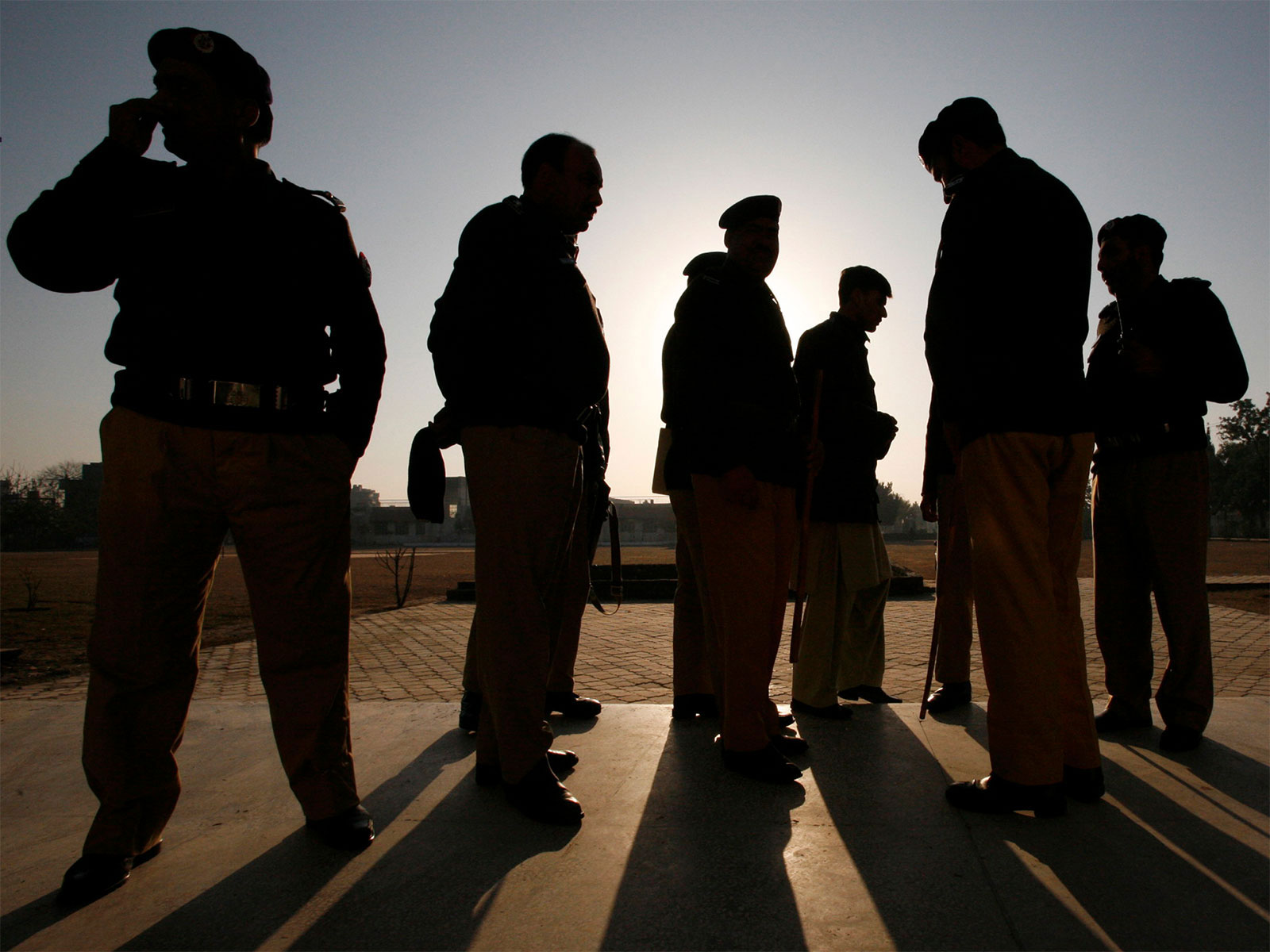Almaty: Kazakhs protesting for over 100 days against their relatives' detention in Xinjiang
May 20, 2021

Almaty [Kazakhstan], May 20 : The relatives of Kazakh people, who have been detained in "re-education camps" in China's northwestern region of Xinjiang, have been protesting for over 100 days in the city of Almaty in Kazakhstan.
They have called on Kazakh authorities to pressure China to release them. The May 18 rally marked the 100th consecutive day of protests, Radio Free Europe Radio Liberty (RFERL) reported.
Kazakh national Qalida Aqytkhan was blocked by police from reaching the Chinese Consulate as she held a picture of her three sons who have been imprisoned in Xinjiang on "unfounded charges."
China has been rebuked globally for cracking down on Uyghur Muslims by sending them to mass detention camps, interfering in their religious activities and sending members of the community to undergo some form of forcible re-education or indoctrination.
Beijing, on the other hand, has vehemently denied that it is engaged in human rights abuses against the Uyghurs in Xinjiang while reports from journalists, NGOs and former detainees have surfaced, highlighting the Chinese Communist Party's brutal crackdown on the ethnic community.
Early this year, the United States become the first country in the world to declare the Chinese actions in Xinjiang as "genocide".
In February, both the Canadian and Dutch parliaments adopted motions recognising the Uyghur crisis as genocide. The latter became the first parliament in Europe to do so.
In April, the United Kingdom also declared China's ongoing crackdown in Xinjiang a "genocide".
The Chinese government has increased its "groundless prosecutions" with long prison sentences for Uyghurs and other minority communities in recent years in China's Xinjiang province, according to Human Rights Watch (HRW).
HRW, a non-governmental body that conducts research and advocacy on human rights last week had said since the Chinese government escalated its repressive "Strike Hard Campaign against Violent Terrorism" in late 2016, the region's formal criminal justice system has convicted and sentenced more than 250,000 people.
"While few verdicts and other official documents are publicly available due to Xinjiang authorities' tight control of information, a Human Rights Watch analysis of nearly 60 of these cases suggests that many people have been convicted and imprisoned without committing a genuine offence," the HRW said


















